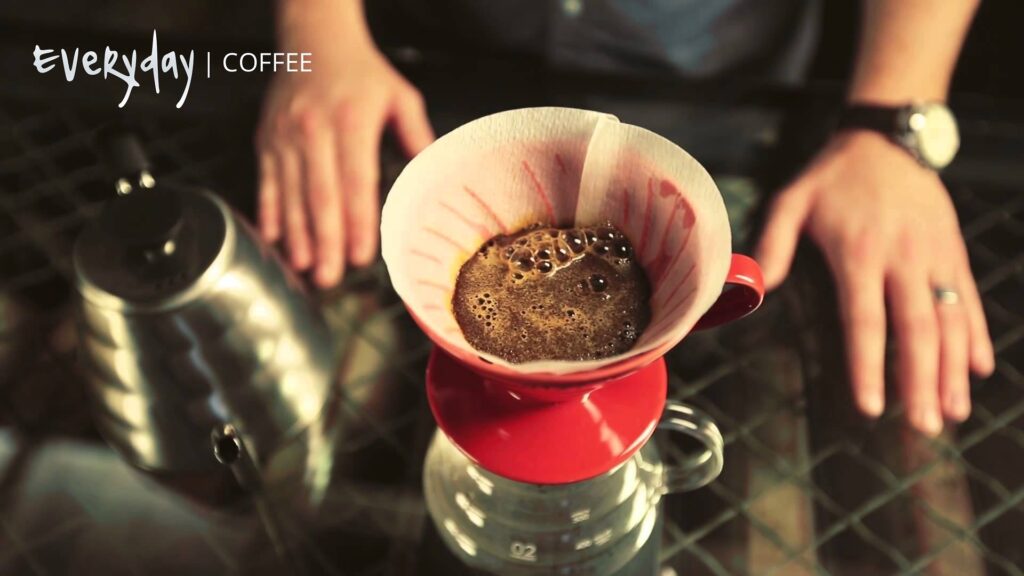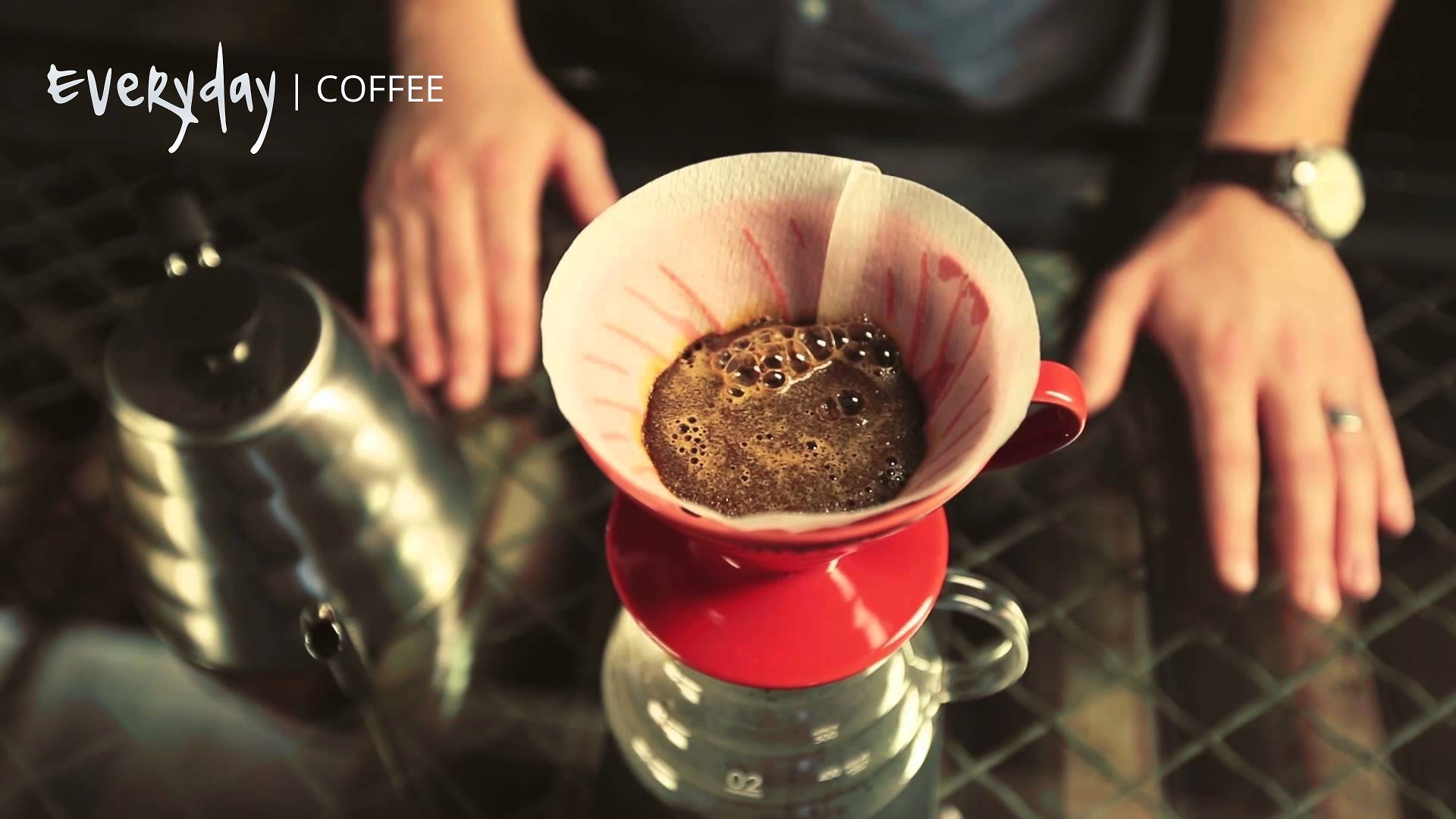
The Ritual of Going to the Same Coffee Shop Everyday: A Deep Dive
In a world saturated with choices, the seemingly simple act of going to the same coffee shop everyday can appear almost…mundane. Yet, for a significant portion of the population, this daily ritual transcends mere caffeine consumption. It’s a carefully constructed routine, a source of comfort, a social hub, and, in some cases, a powerful statement about identity and belonging. This article delves into the multifaceted reasons behind the enduring appeal of going to the same coffee shop everyday, exploring the psychological, social, and economic factors that contribute to its popularity.
The Psychology of Habit and Routine
The human brain thrives on predictability. Habits and routines create a sense of order and control in an often chaotic world. Going to the same coffee shop everyday taps directly into this fundamental need. The familiar environment, the predictable interactions, and the consistent quality of the product create a haven of stability. This predictability reduces cognitive load, freeing up mental energy for other tasks. Neuroscientists have shown that habits are formed through a process of repetition, reinforcement, and reward. The act of going to the same coffee shop everyday, combined with the pleasurable experience of a caffeine fix and perhaps a pastry, reinforces the habit loop, making it increasingly difficult to break.
The comfort derived from routine is particularly valuable in times of stress or uncertainty. When faced with a demanding work schedule, family pressures, or global events, the simple act of going to the same coffee shop everyday can provide a much-needed anchor. It’s a small, manageable act of self-care, a moment of respite in a busy day. This consistent experience can be particularly beneficial for individuals struggling with anxiety or other mental health challenges, offering a sense of control and predictability when other aspects of life feel overwhelming.
The Social Ecosystem of the Regular
Beyond the individual benefits, going to the same coffee shop everyday fosters a sense of community. Regulars often develop relationships with the baristas and other frequent patrons. These interactions, however brief, can provide a sense of connection and belonging. The coffee shop becomes a third space – a place that is neither home nor work, but a social gathering place. It’s a location where casual conversations can blossom into friendships, where local news is shared, and where a sense of shared identity is cultivated.
The social aspect of going to the same coffee shop everyday extends beyond simple pleasantries. Regulars often develop a shared understanding, a silent language of nods and knowing glances. They become part of a micro-community, supporting each other and celebrating milestones. The baristas, in particular, play a crucial role in this social ecosystem. They are the gatekeepers of the ritual, the friendly faces who remember your name and your usual order. This personalized service further reinforces the feeling of belonging and makes the coffee shop feel like a home away from home.
The Economic Implications of Loyalty
From a business perspective, the practice of going to the same coffee shop everyday represents a goldmine. Regular customers are a valuable asset, providing a steady stream of revenue and contributing to the shop’s overall stability. The consistent patronage allows the business to predict demand, manage inventory efficiently, and build a loyal customer base. This loyalty, in turn, creates a buffer against economic downturns and increases the likelihood of positive word-of-mouth marketing.
Coffee shops often capitalize on this loyalty through loyalty programs, special offers, and personalized service. These strategies further incentivize customers to maintain their routine, reinforcing the habit and solidifying their relationship with the brand. The economic benefits extend beyond the coffee shop itself. The consistent foot traffic can also benefit surrounding businesses, creating a thriving local economy.
The Search for Authenticity and Connection
In an increasingly digitized world, the act of going to the same coffee shop everyday can also be seen as a search for authenticity and human connection. The impersonal nature of online interactions can leave individuals feeling isolated and disconnected. The coffee shop offers a refuge from this digital deluge, a space where face-to-face interactions are valued and where real-world connections are forged.
This search for authenticity is also reflected in the growing popularity of independent coffee shops. These establishments often prioritize quality, sustainability, and community engagement. They offer a more personal and authentic experience than large corporate chains, appealing to customers who value craftsmanship and a sense of place. Going to the same coffee shop everyday in this context becomes a statement about supporting local businesses and participating in a more meaningful way of life.
The Role of the Coffee Shop in Personal Identity
The coffee shop can also become an extension of one’s personal identity. The choice of a particular coffee shop, the specific beverage ordered, and the frequency of visits can all contribute to a person’s self-perception. The coffee shop becomes a canvas on which individuals project their values, preferences, and aspirations. For example, a person who frequents a coffee shop known for its ethical sourcing and sustainability might be making a statement about their environmental consciousness.
The coffee shop also serves as a backdrop for personal rituals and milestones. It can be the place where important conversations are held, where creative ideas are nurtured, or where personal goals are pursued. The act of going to the same coffee shop everyday becomes intertwined with the individual’s personal narrative, creating a sense of continuity and purpose.
The Counterarguments: Boredom and the Tyranny of Routine
While the benefits of going to the same coffee shop everyday are numerous, it’s important to acknowledge the potential downsides. Critics might argue that the routine can lead to boredom, stagnation, and a reluctance to embrace new experiences. The comfort of the familiar can sometimes stifle personal growth and limit exposure to different perspectives.
Furthermore, the dependence on a particular coffee shop can create a sense of vulnerability. If the shop closes, or if the quality deteriorates, the regular can experience a sense of loss and displacement. The ritual, once a source of comfort, can become a source of anxiety. It’s therefore crucial to strike a balance between routine and flexibility, to be open to new experiences while still appreciating the comfort of the familiar.
Conclusion: Embracing the Ritual, Finding Your Place
Going to the same coffee shop everyday is more than just a habit; it’s a complex interplay of psychological, social, and economic factors. It’s a ritual that provides comfort, fosters connection, and contributes to a sense of belonging. While the potential downsides of routine should be acknowledged, the benefits often outweigh the drawbacks. For many, the act of going to the same coffee shop everyday is a fundamental part of their daily lives, a small but significant act of self-care and community engagement.
The key is to embrace the ritual consciously, to appreciate the benefits while remaining open to new experiences. Finding the right coffee shop, the one that resonates with your values and needs, is a crucial step. And then, perhaps, you too can join the ranks of the regulars, finding your place in the daily rhythm of the familiar.
[See also: The Rise of Independent Coffee Shops, How Coffee Culture Shapes Communities, The Psychology of Habit Formation, Building Customer Loyalty in the Coffee Industry]


